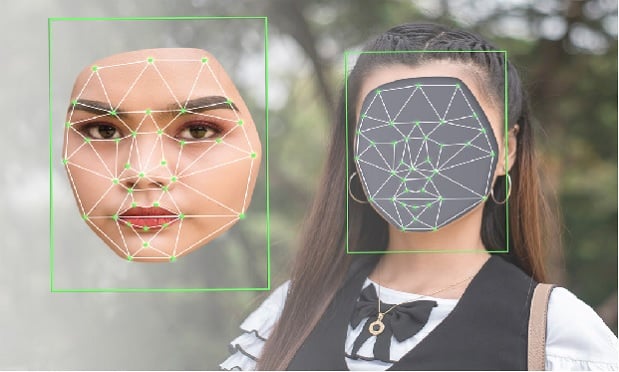 A deepfake is a type of synthetic or manipulated content (audio, images or video) that is not real, but looks realistic. The FBI reported that attackers are using voice deepfakes to attend remote job interviews. (Photo: mike/Adobe Stock)
A deepfake is a type of synthetic or manipulated content (audio, images or video) that is not real, but looks realistic. The FBI reported that attackers are using voice deepfakes to attend remote job interviews. (Photo: mike/Adobe Stock)
In a vast majority of cyberattacks and breaches, social engineering attacks continue to be a leading attack vector. According to the FBI, last year businesses lost nearly $7 billion due to scams and social engineering.
|Why social engineering?
As human beings, we are susceptible to errors of judgment and biases. Cybercriminals leverage psychological weaknesses to steal identities, data and personal information. What's more, manipulating a person is much easier than hacking systems or exploiting software vulnerabilities. Hacking systems requires a deep understanding of technology, while hacking people only takes an understanding of basic social psychology.
|How does social engineering work?
Social engineering tactics can vary greatly, but the attack typically passes through five phases:
Recommended For You
Want to continue reading?
Become a Free PropertyCasualty360 Digital Reader
Your access to unlimited PropertyCasualty360 content isn’t changing.
Once you are an ALM digital member, you’ll receive:
- Breaking insurance news and analysis, on-site and via our newsletters and custom alerts
- Weekly Insurance Speak podcast featuring exclusive interviews with industry leaders
- Educational webcasts, white papers, and ebooks from industry thought leaders
- Critical converage of the employee benefits and financial advisory markets on our other ALM sites, BenefitsPRO and ThinkAdvisor
Already have an account? Sign In Now
© 2025 ALM Global, LLC, All Rights Reserved. Request academic re-use from www.copyright.com. All other uses, submit a request to [email protected]. For more information visit Asset & Logo Licensing.








